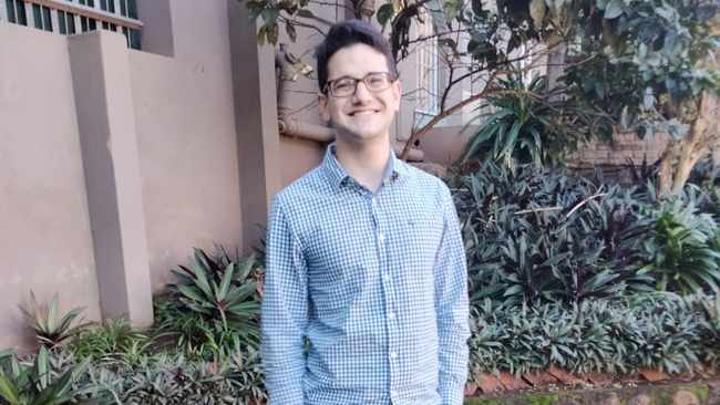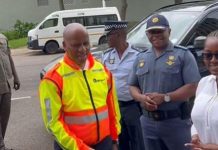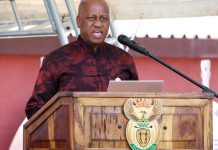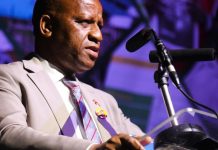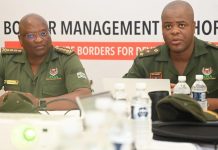Africa-Press – South-Africa. Understand, accept and respect.
Those are three key values which will be shared by pupils around the world who have been chosen for this year’s KL YES (Kennedy-Lugar Youth Exchange and Study) Programme in America ‒ including two pupils from Empangeni High School in Zululand.
Marnus Combrinck, 17, and Human du Plessis, 18, were both chosen to attend the 2020 programme, which was delayed by a year because of lockdown, and are now preparing to leave for the US on August 10.
The KL YES programme, funded by the US Department of State, is an inter-cultural exchange initiative for high school pupils who will live with an American family and attend a local school for a year. It was started after the 9/11 attacks in the US, and aims to get pupils to come together and take on the challenge of typical cultural divides, as well as condemning violence, racism and xenophobia, to create a more just and peaceful world.
The students are normally from Grades 9 to 11, but last year’s programme was postponed as Covid closed borders.
Combrinck, who is in Grade 11 and is going to a host family in Minnesota, said on Wednesday: “I’m very excited about going. I have spoken to my host family often and there are four children. I’m an only child, so I’m looking forward to being an older brother.”
He added that while he had visited neighbouring African countries, he had never travelled overseas.
“It will definitely be a new experience and I’ve heard that it changes your perspective on the world.
“I think our generation can make a difference, and the future is in our hands. I hope that with the knowledge I gain, I can come back and start making, at least, some small changes in my community,” said Combrinck.
Du Plessis, who is in Grade 12 and going to a host family in Wisconsin, said: “Because Marnus and I were deferred from last year’s programme, I have had an extra year to bond with my host family online and so feel very comfortable about going.
“I’m also very excited to experience the different cultures and learn about all the little intricacies that make up America as we know it.
“I wanted to do the exchange to experience something other than South African life, and to learn what they do so well to be considered a first world country, and start applying the good things from the US to South Africa,” said Du Plessis.
Wendy Svendsen, AFS Interculture South Africa (American Field Services) volunteer co-ordinator for KwaZulu-Natal, said the KL YES Exchange programme was offered to pupils across the world.
After the 9/11 attacks, “there was a need to get people to understand one another ‒ to understand, accept and respect differences among all of us. These students become active global citizens, the programme opens their minds and they have a whole different focus when they come back”.
She said South Africa was awarded, on average, 15 scholarships a year and that stringent criteria applied in order to be chosen.
Hundreds of applications were received every year from schools across South Africa, with the final 15 being chosen by a national selection committee.
The first step is based on academic merit, with the minimum being a B aggregate because the American school curriculum is very different to the SA curriculum. The pupils need to be able to cope academically, both at the American school which they will attend and picking up their own curriculum in South Africa when they return.
The selection process also involves personal and family interviews, submission of projects and essay writing on incisive topics.
“It is a lengthy process and it’s quite an achievement to be chosen. We go to many schools across the country and are encouraged to select kids who would normally never have this chance.
“It’s not limited to qualities such as leadership and giving back to your community, but they are also chosen for characteristics such as a sense of self, acceptance and concern for others, humour and the ability to interact with others.
“The focus is also about giving back to your community and many of these students initiate community projects when they come back home; but they also learn that you don’t shout it from the rooftops, but quietly get things done,” said Svendsen.
The Independent on Saturday

